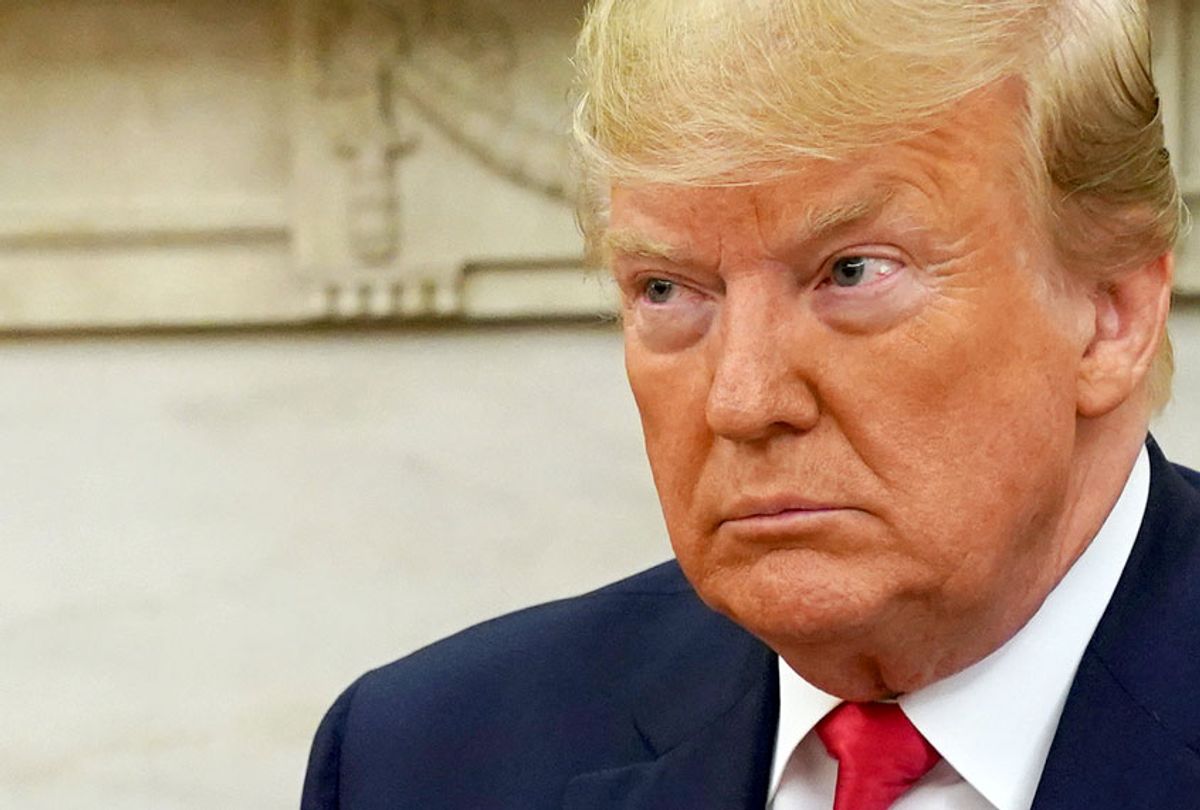On Tuesday, a New York–based federal appeals court said President Donald Trump cannot block his critics from his Twitter feed. The case set a precedent regarding how U.S. elected officials can interact with their constituents on social media.
The decision upholds a previous ruling from May 2018 when a federal judge ruled that Trump's effort to block and silence his critics on Twitter was a violation of the First Amendment. This is because Twitter is a public forum in which he engages with constituents, according to the ruling. Tuesday’s decision was a unanimous 3-0 ruling.
“The First Amendment does not permit a public official who utilizes a social media account for all manner of official purposes to exclude persons from an otherwise open online dialogue because they expressed views with which the official disagrees,” wrote Judge Barrington D. Parker of the U.S. Court of Appeals for the 2nd Circuit. “In resolving this appeal, we remind the litigants and the public that if the First Amendment means anything, it means that the best response to disfavored speech on matters of public concern is more speech, not less.”
The case was brought by seven people blocked by Trump after posting disapproving comments in 2017, which included a university professor, a physician-scientist, and a comedy writer. According to the First Amendment, in “viewpoint discrimination” the government cannot block or exclude views it disagrees with; how that applies to social media is unclear. However, the Tuesday ruling has provided more clarity around how the courts see the law apply to digital spaces like Twitter. The ruling also aligned with an earlier decision from the Richmond-based appeals court involving the Facebook page of a Virginia politician. According to Reuters, lower courts have disagreed over whether social media pages for government officials are public forums.
“Public officials’ social media accounts are now among the most significant forums for discussion of government policy,” Jameel Jaffer, the Knight Institute’s Executive Director, who argued the case before the Second Circuit in March, said in a statement. “This decision will ensure that people aren’t excluded from these forums simply because of their viewpoints, and that public officials aren’t insulated from their constituents’ criticism. The decision will help ensure the integrity and vitality of digital spaces that are increasingly important to our democracy.”
Those who brought the case forward hope this will set precedent for similar ones moving forward.
“With public officials across the country increasingly using social media to communicate with and foster debate among their constituents, today’s decision should make them think twice before hitting the block button when they don’t like what someone has posted,” Katie Fallow, Senior Staff Attorney at the Knight Institute, said in a statement. “It’s unconstitutional and undemocratic.”



Shares